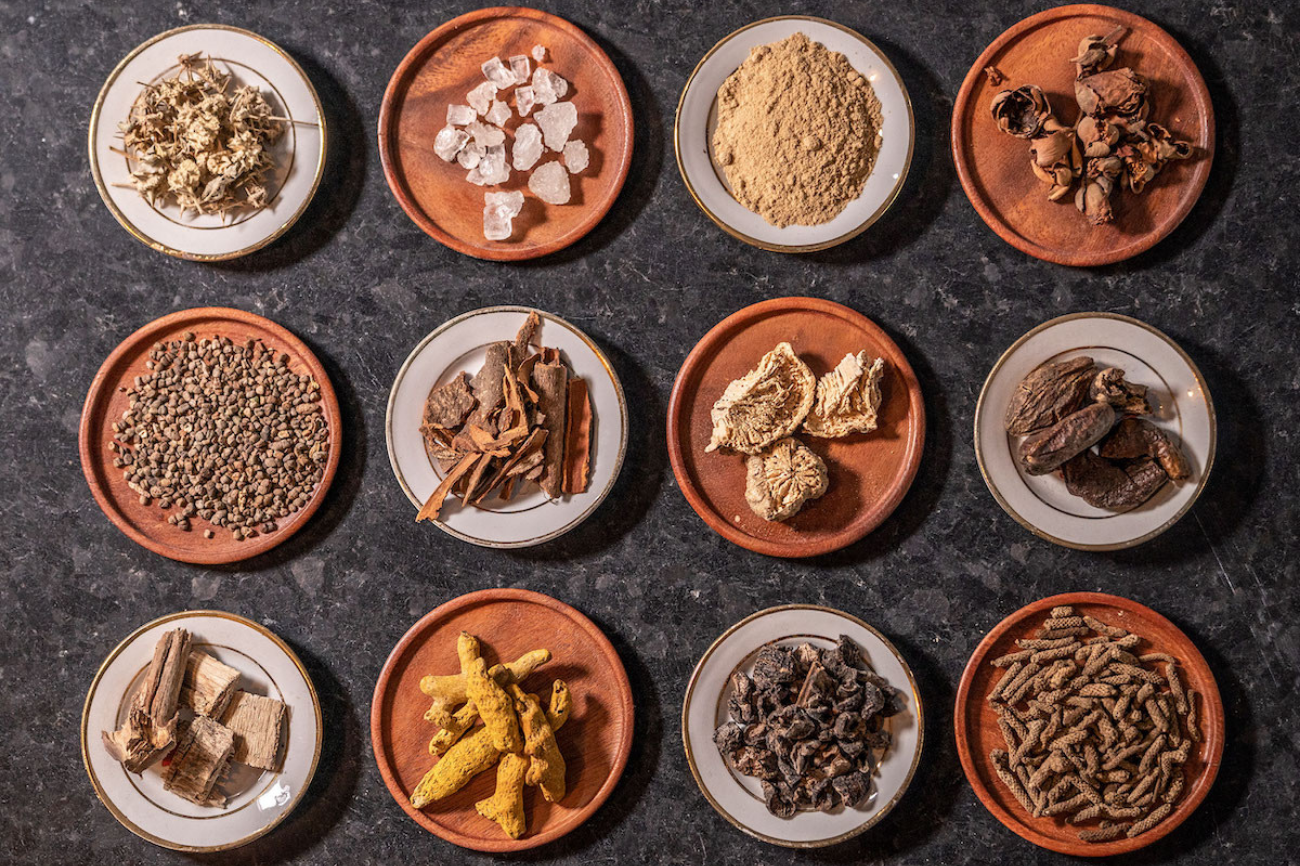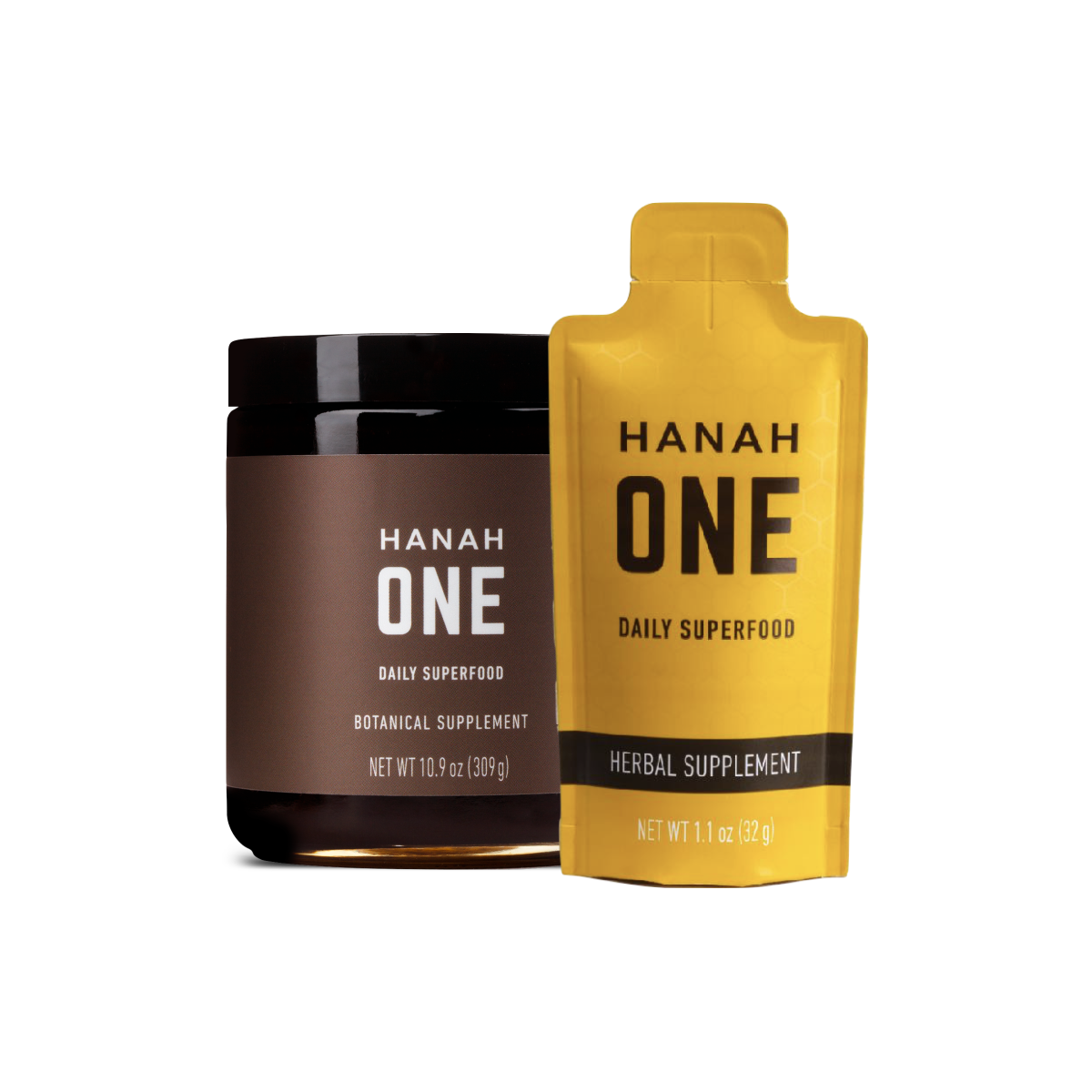Three ways to support your immune system and long-term health

Now more than ever, everyone is thinking about their immune health and ways to support it. There are hundreds of helpful tips and suggestions on practical steps to practice wellness, support immunity and help reduce stress and anxiety. Here are three handy, evidence-based tips for help in supporting your system and a long-term healthy lifestyle.
1. Solidify your diet with fiber and adaptogens
We were about to make a pun about low hanging fruit, which seems apt as eating more fiber – of which both fruit and vegetables are a rich source – is a must if you want to improve your gut health and, consequently, your immune response. “Soluble fiber changes immune cells from being pro-inflammatory warrior cells to anti-inflammatory peacekeeper cells,” Gregory Freund, M.D., of the University of Illinois, told AARP.
Adaptogens are another key food group to incorporate into your diet. This is human-performance speak for an elite class of botanical herbs that may help buffer physical, emotional, and cognitive stressors, which are more prevalent in our modern society than at any point in human history. Ancient practices like Ayurveda have sworn by turmeric, ashwagandha, shatavari, amalaki and some of the other botanicals found in herbal remedies for millennia. In more recent years, we’ve started to see evidence-based practice come together with practice-based evidence, as more and more scientific studies demonstrate the efficacy of wild-harvested herbs.
A study led by Italian scientists and published in the journal Molecules noted that the curcuminoids, sesquiterpenes, diterpenes, and triterpenoids in turmeric elevate the activity of cellular and molecular components of the immune system. In the conclusion of another research project, researchers concluded that, “Ashwagandha improves the body's defense against disease by improving cell-mediated immunity.” The key if you want to see real results from these and other adaptogens? Eschew cheap, low-end supplements in favor of pure, high quality versions from companies that offer a traceable supply chain.
2. Sort out your sleep
What if there was a single, simple thing that could boost your immunity, elevate your physical and cognitive performance, stabilize your mood, and improve your recovery? There is, and it’s called sleep. When you’re slumbering, your body is in full-on repair mode. Rebuilding muscle fibers damaged during exercise, committing learning experiences to long-term memory, and, for the purposes of this article, neutralizing nasty germs, viruses, and other unwanted invaders – all this takes place while you’re out for the count. The trouble is that the number of American adults sleeping less than 6 hours (i.e. not enough) has increased to 35 percent (up 15 percent since 2004), while 20 percent suffer from at least one chronic sleep condition.
OK, we get it: you’re busy. Maybe you’re juggling school and work, a career and raising kids, a sport and building your brand, or all of the above. But regardless of how hard they work, the highest performers in virtually every field share a common secret: they all get enough sleep. For veteran athletes like Laird Hamilton, LeBron James, and Serena Williams, that means AT LEAST nine hours a night. Perhaps you don’t need quite that much, but if you’re serious about staying healthy, then you should aim to get at least seven each and every evening.
A study conducted at University of California at San Francisco and published in the journal Sleep found that people who slept between five and six hours per night were 4.2 times more likely to catch a cold than those who got more than six. Cut down to five or less? Your risk factor jumps to 4.5 x. And according to findings presented at the 32nd Annual Meeting of the Associated Professional Sleep Societies, if you consistently get less than six hours a night, your “heart age” can be up to 10 years older than your actual age (so if you’re 35 and a poor sleeper, you could be walking around with a 45-year-old’s heart, for example).
The solution here couldn’t be more simple: make getting longer, better quality sleep your #1 priority. To make this more likely, go to bed and get up at a consistent time every day (your iPhone has a setting to help), cut out all screen time at least two hours before turning in, limit alcohol to one drink, eliminate evening caffeine, and sleep in a cool, dark, quiet bedroom that’s free of electronics and pets.

3. Exercise daily
Ok, so let’s assume you’re committed to upping your sleep game. Great! So what’s next? Another surprisingly easy win is to do as Functional Movement Screen creator Gray Cook says and, “Move well, move often.” Now bear with us here. We know that when taken at face value, the notion that exercise can actually boost your immune function seems ludicrous. After all, your gut health isn’t dependent on your muscles, heart, or lungs, is it?
No, but movement is a potent input that can move the needle on the diversity and health of your microbiome— and, therefore, your immune response. In his book Peak, Marc Bubbs, a naturopathic doctor who advises national teams in a broad range of sports, cites research that linked aerobic training to improved gut health. One of the studies, which was released via the Journal of Sport and Health Science in May 2019, states that, “Acute exercise is an immune system adjuvant that improves defense activity and metabolic health” and asserts that, “Habitual exercise improves immune regulation.”
It isn’t just endurance work that can help you ward off sickness. There’s also an increasing body of evidence that suggests strength training can bulk up your immunity as well as your six pack. A study published in Journal of Immunology Research found that following a strength training session that emphasized eccentric muscle contractions (simplest application: lower the weight slower than you raised it), the levels of two major immunological markers was elevated in study participants’ bloodstreams. The takeaway from this and the research cited by Bubbs? Create and stick to a program that combines both endurance and strength training if you want a more resilient immune system. Give one of those at-home workouts a chance. There are a plethora of virtual online classes you can do from home, like Barre 3, Planet Fitness or check out your local gym or yoga studio's online offerings.
No single factor will eliminate the potential of feeling under the weather. But if you do three things – sleep better, exercise daily, and improve your diet with foods high in fiber and rich in prebiotics and probiotics – you’ll help set up a foundation to support long-term health.
Please note: None of these suggestions are meant to prevent or treat any health conditions, but are simply good foundations for a long-term healthy lifestyle. As always, it’s best to discuss all personal health protocols with your healthcare provider.
Get more HANAH
Be sure to check out these similar HANAH blogs for health and wellness tips and information:
- All about adaptogens—herbs that balance body and mind
- 5 plant-based nootropics to better your brain
- Jimmy Chin's Jackson Hole tea recipe








Leave a comment
This site is protected by hCaptcha and the hCaptcha Privacy Policy and Terms of Service apply.